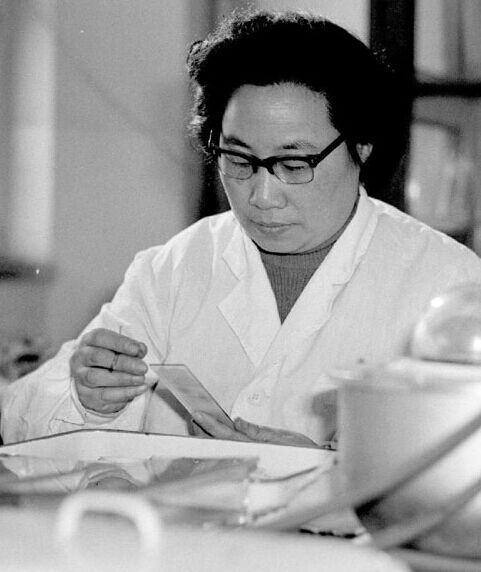STOCKHOLM - William Campbell, Satoshi Omura and Tu Youyou jointly won the 2015 Nobel Prize for medicine for their work against parasitic diseases, the award-giving body said on Monday.
Irish-born Campbell and Japanese Omura won half of the prize for discovering a new drug, avermectin, that has helped the battle against river blindness and lymphatic filariasis, as well as showing effectiveness against other parasitic diseases.
The Chinese scientist Tu Youyou was awarded the other half of the prize for discovering artemisinin, a drug that has significantly reduced the mortality rates for patients suffering from malaria.
"These two discoveries have provided humankind with powerful new means to combat these debilitating diseases that affect hundreds of millions of people annually," the Nobel Assembly at Sweden's Karolinska Institute said in a statement in awarding the prize of 8 million Swedish crowns ($960,000).
"The consequences in terms of improved human health and reduced suffering are immeasurable. "
In an exclusive interview with Xinhua after the announcement, Juleen R. Zierath, chairman of the Nobel Committee for Physiology or Medicine told Xinhua that Tu's "inspiration from traditional Chinese medicine" was important.
"But what was really critical was that Tu Youyou identified the active agent in that plant extract," said Zierath, adding "there was a lot of modern chemistry, bio-chemistry attached to this to bring forward this new drug."
Despite rapid progress in controlling malaria in the past decade, the mosquito-borne disease still kills more than half a million people a year, the vast majority of them babies and young children in the poorest parts of Africa.
Medicine is the first of the Nobel prizes awarded each year. Prizes for achievements in science, literature and peace were first awarded in 1901 in accordance with the will of dynamite inventor and businessman Alfred Nobel.

Undated file photo shows Tu Youyou, a pharmacologist with the China Academy of Chinese Medical Sciences, working to make artemisinin, a drug therapy for malaria, in 1980s.[Photo/Xinhua]

![Diseases, Symptoms, tcm, [tcmwindow.com]](/uploadFile/adImg/2015/11/11/f5cbfcc0-4df5-4646-9b9a-f316651a0199.jpg)





